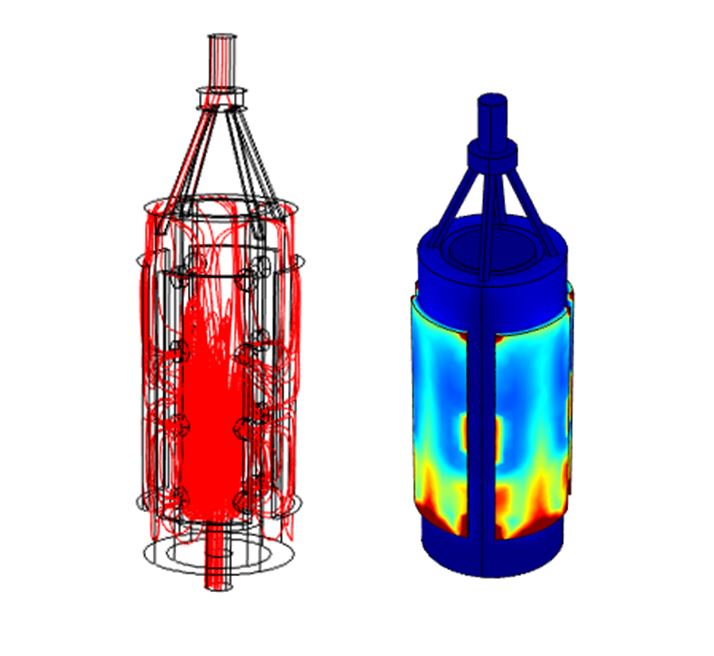
New electrochemical system to decontaminate and disinfect water
The growth of urban environments and activities like agriculture, animal husbandry and industry have made water scarcity and pollution one of the biggest global challenges of the 21st century. UB researchers have designed a new system using electrochemical advanced oxidation processes to decontaminate and disinfect water. The prototype features an innovative design that increases the treatment capacity and reduces power use compared to other models currently available. The project is led by Professor Ignacio Sirés, of the Laboratory of Electrochemistry of Materials and Environment (LEMMA) in the Faculty of Chemistry, with collaboration from the Laboratory of Virus Contaminants of Water and Food (VIRCONT) in the Faculty of Biology, led by Professor Rosina Gironès.
The technological alternative they propose is a reactor with an electrochemically generated redox mediator, a highly effective process that is also clean and efficient. It uses several chemical and electrochemical reactions to produce radical molecules that are highly oxidative and react with the micro-organisms and organic molecules in the water. This way, polluted water goes into the system and clean, disinfected water comes out, on an ongoing basis.
The new reactor has several advantages over conventional models made up of panels, which limit the volume of water that can be treated at a time. The innovative tube shape allows the flow of the water solution for continuous treatment to be increased and facilitates better distribution of the flow and of electric potential to ensure the proper mixture of liquids during the decontamination process. Furthermore, as it is a relatively small, compact and modular device, it is perfect for decentralised water treatment.
The proof-of-concept for this new technology has shown that the electrochemical advanced oxidation processes in the new reactor completely destroy a model organic contaminant. It is, therefore, an innovation that in time could be useful at urban water-treatment plants, for companies that generate wastewater with toxic organic compounds and populations without access to centralised water-treatment systems.
In order to scale-up this innovative technology, Bosch i Gimpera Foundation, the knowledge and technology transfer office of the UB, has granted the project €25,000 through the Fund for the Promotion of Innovation (F2I) programme.

